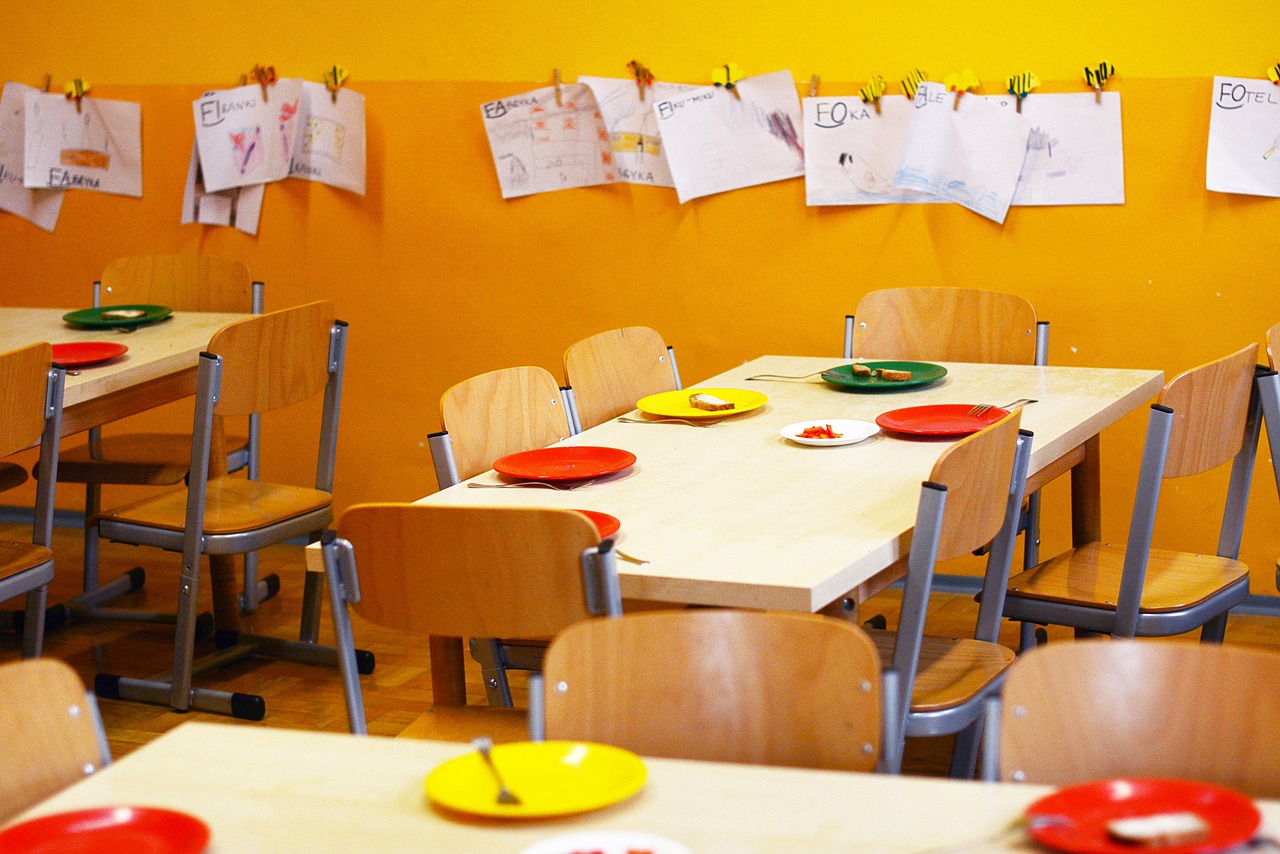Fostering Critical Thinking Skills in Students: Strategies for Educators
Critical thinking skills are crucial for students as they navigate the complexities of today’s ever-evolving world. By honing these skills, students can analyze information more effectively, make informed decisions, and solve problems efficiently. In an era flooded with vast amounts of information, the ability to think critically enables students to sift through data, discern what is reliable, and form well-founded opinions.
Moreover, developing critical thinking skills empowers students to think independently and creatively. Instead of passively absorbing information, students learn to question assumptions, explore different perspectives, and construct logical arguments. This not only enhances their academic performance but also equips them with the intellectual tools necessary to thrive in their personal and professional lives.
Understanding the Role of Educators in Developing Critical Thinking Skills
Educators play a crucial role in fostering critical thinking skills in students. By creating a supportive and stimulating learning environment, they can encourage students to question, analyze, and evaluate information. Educators should provide opportunities for students to engage in discussions, debates, and problem-solving activities that challenge their thinking and promote a deeper understanding of the subject matter.
Furthermore, educators need to model critical thinking skills themselves by demonstrating how to approach issues from different perspectives, evaluate evidence, and make informed decisions. By incorporating critical thinking into their teaching practices, educators can empower students to become independent learners who are able to think critically and creatively in various contexts.
Creating a Supportive Learning Environment for Critical Thinking
Fostering a supportive learning environment for critical thinking is crucial for student development. Educators play a pivotal role in creating an atmosphere that encourages curiosity, exploration, and independent thinking. By promoting open discussions, providing opportunities for hands-on learning experiences, and encouraging students to question and analyze information, educators can help cultivate critical thinking skills in their students.
In addition to the role of educators, the physical classroom environment also plays a significant part in supporting critical thinking. A well-designed classroom that is conducive to collaboration, creativity, and problem-solving can inspire students to think critically and engage actively in their learning. Simple elements like flexible seating arrangements, access to relevant learning resources, and technology integration can contribute to creating a stimulating environment that nurtures the development of critical thinking skills.
Why are critical thinking skills important for students?
Critical thinking skills are essential for students as they help in analyzing information, solving problems, making informed decisions, and thinking independently. These skills are crucial for academic success and future career opportunities.
What is the role of educators in developing critical thinking skills?
Educators play a vital role in developing critical thinking skills in students by providing opportunities for questioning, analyzing, and evaluating information. They can encourage students to think critically through discussions, problem-solving activities, and challenging assignments.
How can educators create a supportive learning environment for critical thinking?
Educators can create a supportive learning environment for critical thinking by fostering a culture of inquiry, promoting open-mindedness, encouraging risk-taking, providing constructive feedback, and incorporating critical thinking exercises into the curriculum. Additionally, they can model critical thinking skills and provide resources for students to enhance their abilities.







